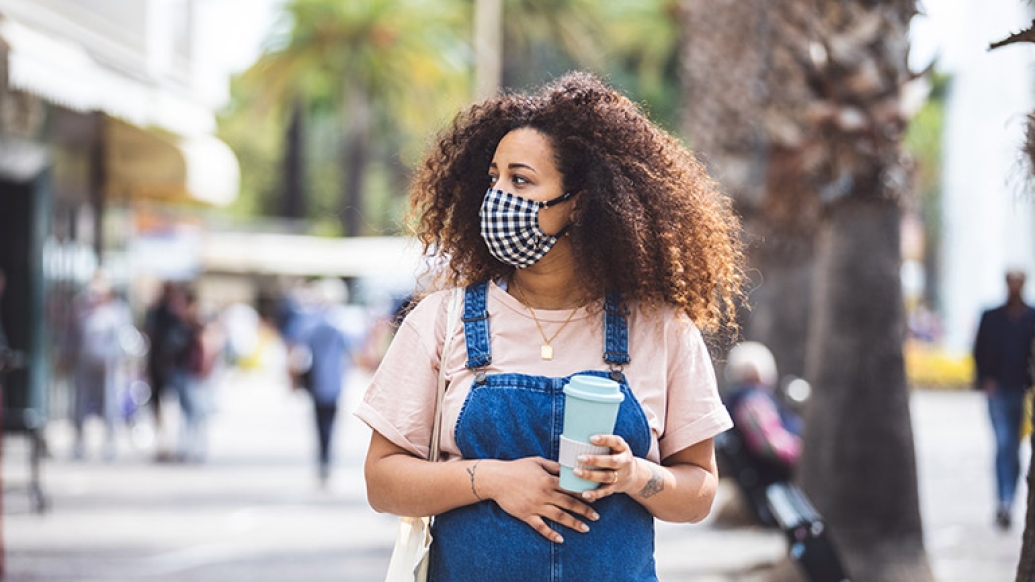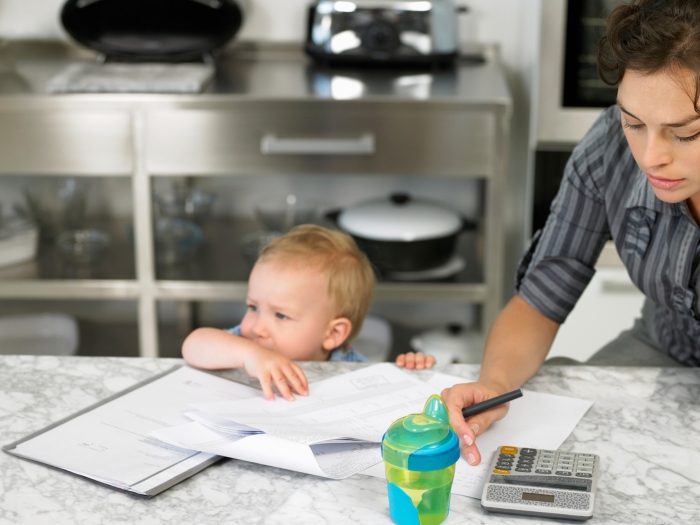
"It's safe to say pregnant women are pretty freaked out," says Cheryl Moyer, Ph.D., MPH, associate professor of obstetrics and gynecology and of learning health sciences, summing up the findings of her recent research. Although Moyer typically researches maternal and newborn health in sub-Saharan Africa, she brought her work closer to home after the pandemic hit. A friend and colleague was 20 weeks pregnant in March, and Moyer had conversations with her about the anxiety and uncertainty of delivering during a global pandemic. "We said, 'This is a research question.'"
Moyer and her colleague, Sarah Compton, Ph.D., MPH, research assistant professor of obstetrics and gynecology, wanted to find out what effect the pandemic was having on pregnant women's anxiety. They worked with Maria Muzik, M.D., associate professor of psychiatry and obstetrics and gynecology, to conduct an anonymous online survey over three weeks in April (during the early escalation phase of COVID-19 in the United States). The survey garnered more than 4,000 responses, and after weeding out respondents from other countries and incomplete responses, the final sample was nearly 3,000. "The COVID-19 pandemic is having a profound impact on pregnant women's mental health," says Moyer. The survey found that 56% of respondents reported increased stress about child care, 64% reported increased stress about job loss, and 93% were worried about getting the virus. The results of this survey have been published in the Archives of Women's Mental Health.
The ripple effect of this increased stress could be serious. "Pregnancy anxiety is linked to postpartum depression, which is linked to worse newborn outcomes," says Moyer. She has since conducted two follow-up surveys, on the effect of the pandemic on women's delivery plans and their postpartum reflections on the birth experience. Although the results of those surveys have not yet been published, Moyer has come to one conclusion: "Extra support all around is what's necessary, precisely at the point when extra support is not available. That time when you most need strong ties is when we can't do that as well."





